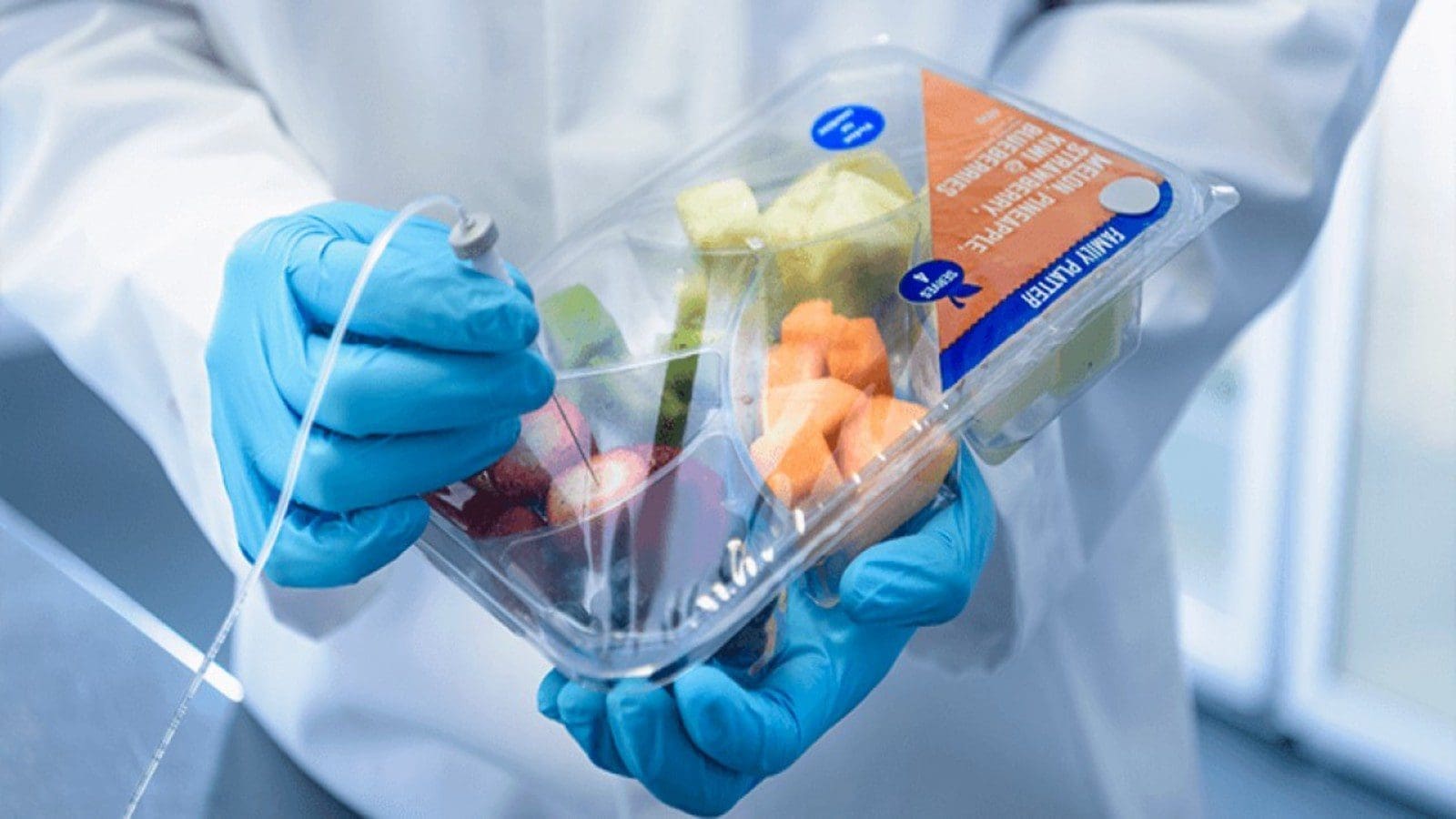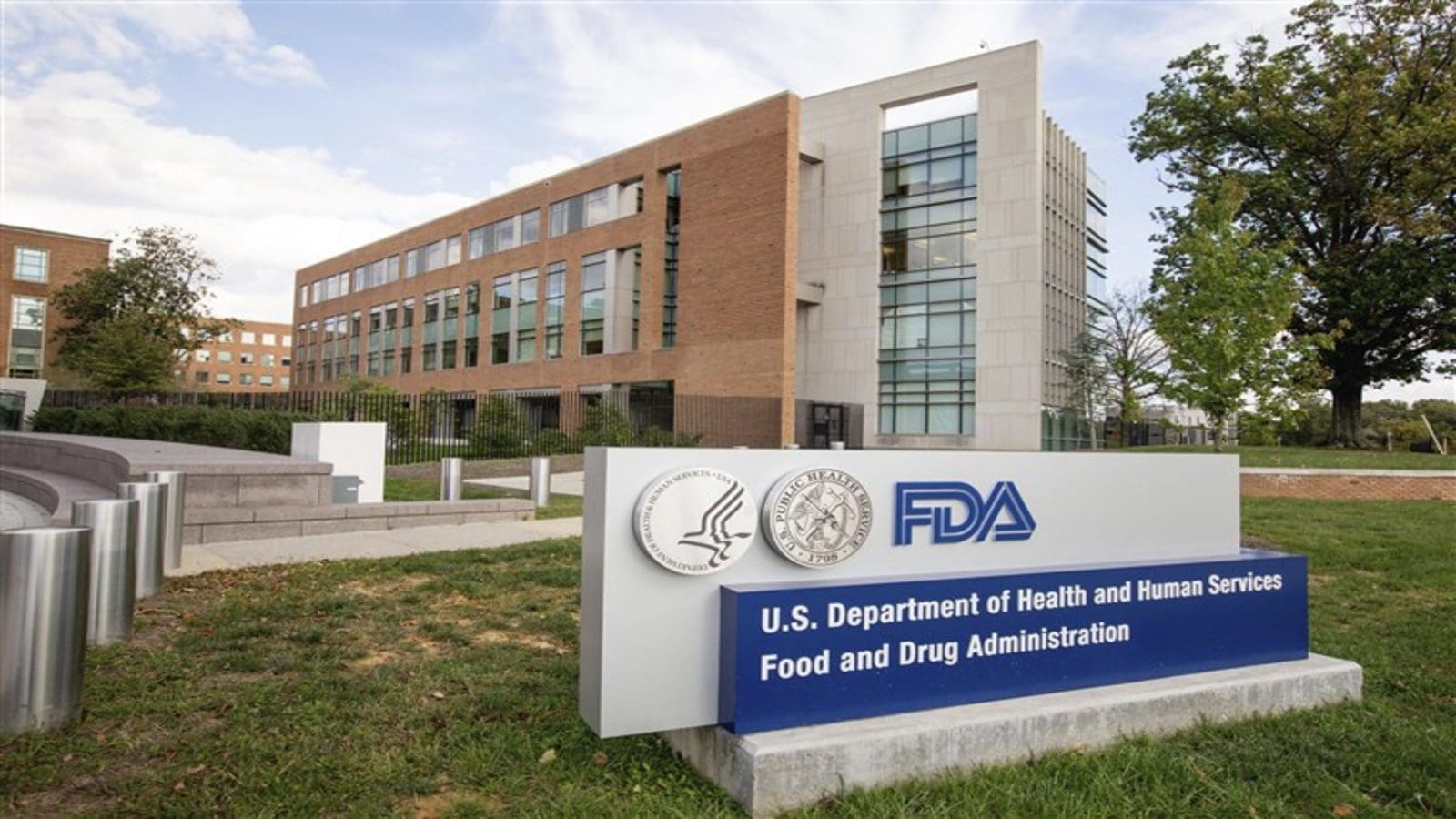GLOBAL – The Food and Agriculture Organization of the United Nations (FAO) is set to host a workshop at its headquarters in Rome, Italy, inviting government sector representatives from low- and middle-income countries (LMICs) to address the real needs and practical applications of WGS technology to enhance food safety.
Candidates, expected to attend the event in person, should be government officials with experience in the field of food safety. Participants will be chosen from 10 to 12 LMICs.
FAO requests that applications be submitted in teams of three people, one for each nation before Friday, February 17, 2023.
In addition to publishing a technical document to help LMIC food safety competent authorities understand the topic better with real-world case studies, FAO conducted a global technical symposium on the impact of WGS on food safety management in May 2016.
The probable obstacles for LMICs to practically incorporate WGS into their routine food safety management were also outlined in a 2019 publication.
The global COVID-19 pandemic, however, abruptly and significantly altered the environment of genome sequencing and its use for precisely detecting, quantifying, and analyzing microorganisms.
Many individuals have become familiar with terminology like “genome,” “PCR,” “variants,” “sequencing,” and more, including members of the general public and decision-makers.
The FAO then published a piece in Food Safety Magazine highlighting the possible benefits of WGS for food safety.
According to FAO, WGS provides rapid identification and characterization of micro-organisms, including antimicrobial resistance (AMR), with a level of precision not previously possible.
With the rapidly declining cost of this technology, WGS applications in food safety management, including the opportunities it provides for enhanced integration of information from other sectors such as human and animal health, could contribute to greater consumer protection, trade facilitation, and food/nutrition security.
The Organization notes that while WGS can significantly contribute to improving food safety management, it still relies on the appropriate interpretation of laboratory data in the context of epidemiological evidence; WGS alone will not suffice.
As such, finding appropriate mechanisms for data sharing will be an important element of its application.
Further, FAO reveals that WGS is not effective if it is used in a single sector alone or multiple sectors in silo. It recommends that food safety competent authorities should consider taking a One Health approach, collaborating closely with their relevant national partners in different sectors and involving relevant stakeholders.
“In this way, effective management of various multidisciplinary and crosscutting food safety issues can be achieved. In all of this, there is a strong need at the global level to ensure that situations in developing countries are fully taken into account and that the technology advances in an appropriate direction, in order for WGS to become an effective tool for all,” FAO says.
FAO asks that applicants be fluent in English, as that is the language that will be spoken during the workshop.
For all the latest food safety news from Africa and the World, subscribe to our NEWSLETTER, follow us on Twitter and LinkedIn, like us on Facebook and subscribe to our YouTube channel.








